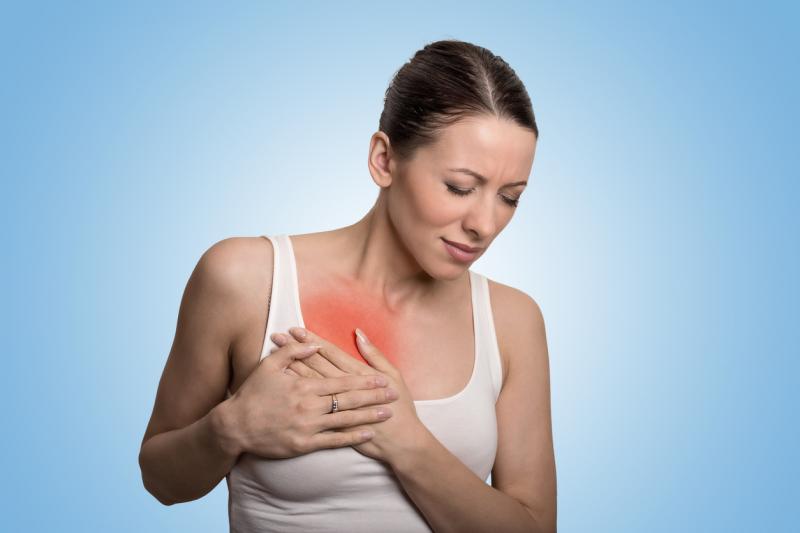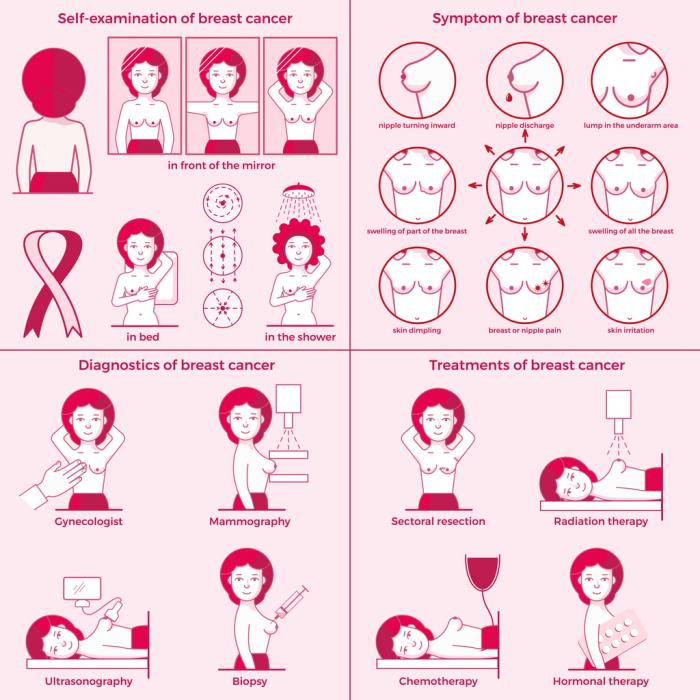A recent survey by leading private healthcare provider HCA has found an astonishing amount of women still don't check their breasts for signs of breast cancer or don't know what they are looking for. A delay in seeking medical help for breast change concerns could mean the difference between a good prognosis or a bad one. As well as a general lack of understanding in what the signs are, women reported that they were discouraged by the time it takes to get a doctor's appointment.
- One in four women don’t check their breasts and many would delay seeking help, even with symptoms
- Women report difficulties accessing medical help while knowledge gaps may be holding others back
- Bupa and HCA UK launch specialist centres to give patients fast access to diagnosis and treatment
- A first for a UK health insurer and hospital provider, this initiative will launch from January 2019
Millions of women are putting their health at risk by failing to check their breasts and delaying seeking help for symptoms which could indicate breast cancer.
One in four women (24%) – 5.8 million - have never checked their breasts for signs of cancer or can’t remember the last time they did, according to new research from Bupa and HCA Healthcare UK.
Breast cancer is the most common cancer in the UK, but despite survival rates of nearly 100% if diagnosed at the earliest stage, more than two in five (39%) admit they would delay visiting a doctor for medical help if faced with a symptom, with 23% saying they would wait for up to two weeks and one in 10 waiting for up to a month.
One in three women (34%) reported being discouraged from seeking helpfor breast concerns – rising to over half of 18-34 year olds - due to factors such as fears about wasting the doctor’s time or embarrassment about their symptoms.
These concerns may be fuelled by lack of confidence in identifying the symptoms of breast cancer. Only 17% of women could correctly identify eight symptoms of breast cancer such as a lump, breast pain or nipple changes*, and 12% couldn’t identify any. Less than half of women identified that a change in skin colour or a rash could be symptomatic of breast cancer.
Women also reported difficulties accessing medical help, with one in seven saying it’s hard to get a GP appointment (rising to one in five among 18 – 34 year olds) and others saying they are too busy or unable to take time off work. But a third of those polled (30%) stated that they would be more inclined to seek help for a breast related concern if waiting times for appointments and results were shorter.
Fast access to diagnosis and treatment
To provide patients with the fastest access to diagnosis, Bupa and HCA UK are partnering to launch Specialist Centres for breast cancer, which will offer an appointment with a consultant within two working days of calling Bupa, and all initial diagnostic tests completed in one appointment.If treatment is needed, it will be provided within 31 days of calling Bupa– less than half the time set out in national targets.
Patients using the Specialist Centres will have their treatment planned by an expert multi-disciplinary team, who will provide a treatment plan including access to genetic testing and advanced genomics as appropriate for the individual patient. Patients will have support from Bupa’s Oncology Specialist Support Team and HCA Healthcare UK’s Clinical Nurse Specialists, and emotional support services provided by Bupa’s team of counsellors via the telephone, this support also includes one session for a close family member.
Julia Ross, Head of Cancer Care, Bupa UK, said: “It’s easy for our health to slip down the list of priorities, and sometimes it can be hard to remember all of the cancer symptoms we’re supposed to be looking out for. But early detection is so important to improving outcomes – so I’d urge women to make time to get to know what is normal for their breasts to enable them to identify any changes."
“As well as looking and feeling for lumps in the breast or armpit, changes in size or shape or changes to the nipple such as discharge, a good rule of thumb is to look out for any change that’s unexplained or persistent – and if you’re worried to seek medical advice.”
Miss Joanna Franks, Consultant Breast & Oncoplastic Surgeon, HCA Healthcare UK, said: “Early diagnosis for breast cancer is so important, as it can prevent patients needing to undergo complex surgery and drug treatments. 90% of women diagnosed at an early stage will be alive and well five years post diagnosis however, this drops to just 15% for those diagnosed at a later stage."
Eight symptoms of breast cancer
- A lump in the breast
- A lump in the armpit
- Nipple changes (such as a change to the shape or direction)
- Discharge from the nipple
- Change to size or shape of breasts
- Change in skin texture (it may become dimpled or puckered)
- Change in the colour of the skin (it may look red)
- A skin rash (on or around the nipple)
For more information visit the Bupa website.









